1 to 10 of about 30

Iran’s upcoming presidential elections could have important implications for the country's political future as well as ongoing nuclear negotiations between Washington and Tehran. Sada asked three experts to analyze the challenges and concerns facing Iranian voters, and whether a new president is likely to meaningfully impact the country's political, economic, and social realities.

Sada asked experts to analyze potential flash points for the next U.S. administration—ranging from the globalization of Libya’s war to the ongoing conflicts in Syria and Yemen, the Arab-Israeli conflict, and increasing authoritarianism and violations of civil liberties and human rights.

Despite economic obstacles facing the two countries, Turkey and Iran strive to cement economic relations and maintain their multifaceted relations.
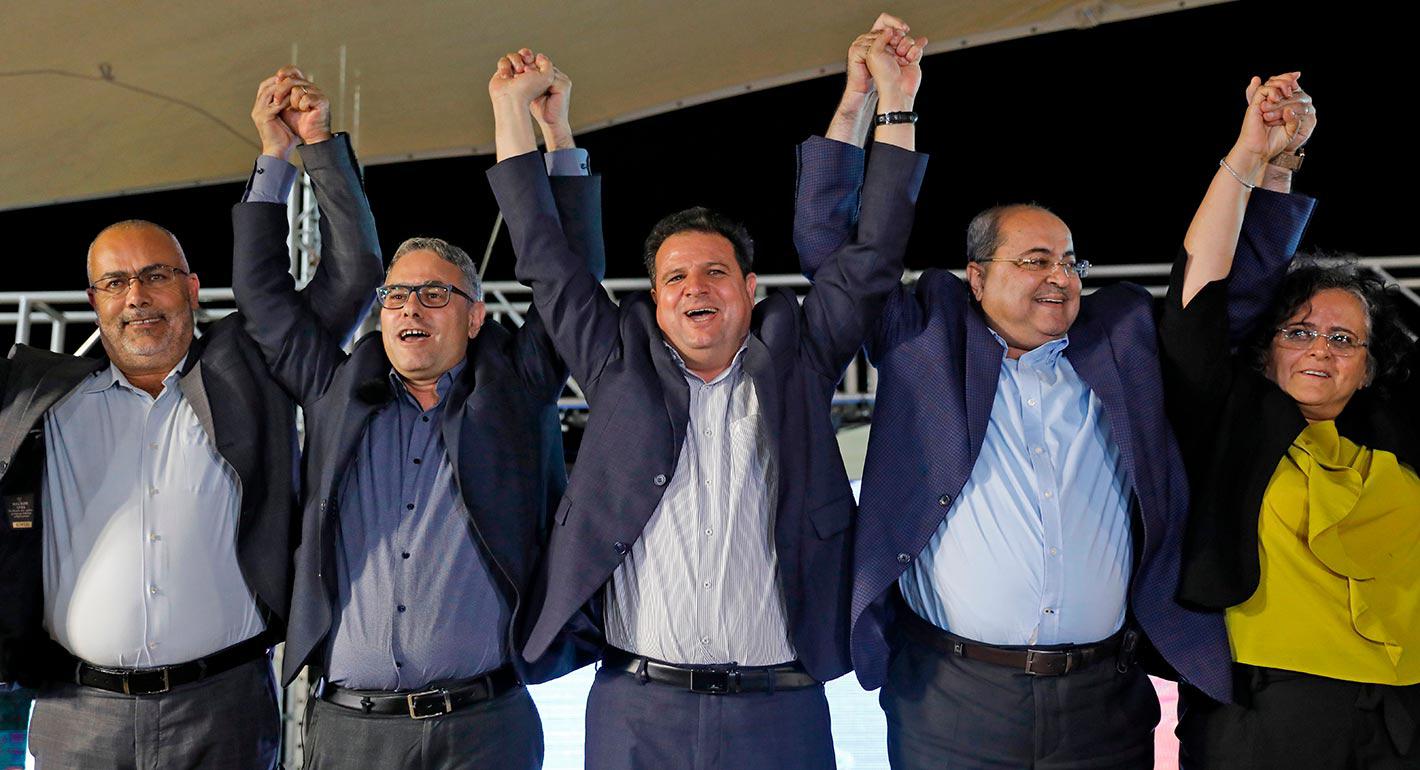
Ahead of Israel’s third national election, Prime Minister Netanyahu’s attempts to discredit the mainly Arab-majority Joint List are galvanizing its base.
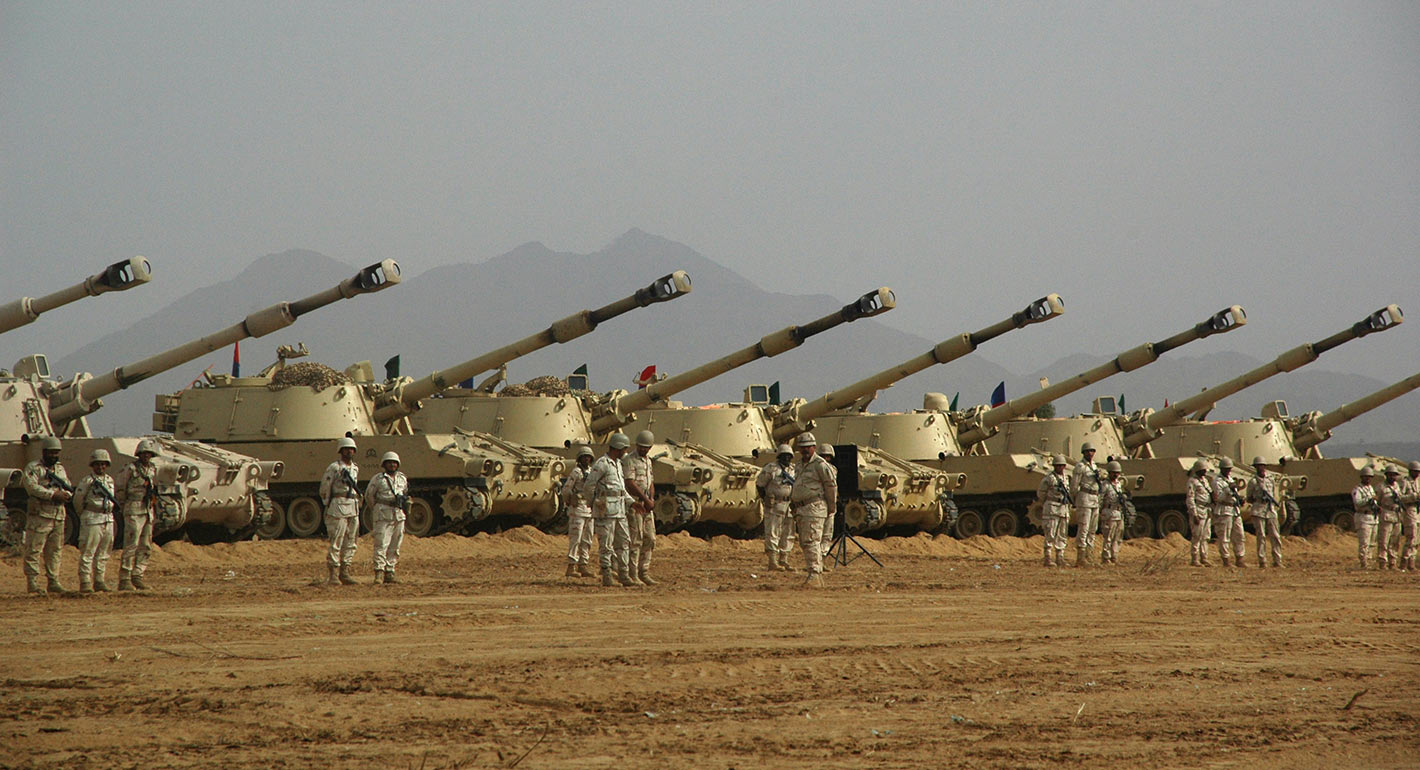
In the last decade, Saudi Arabia’s approach to the porous frontier with Yemen has gradually shifted from patronage for and cooperation with local tribes to incremental militarization.
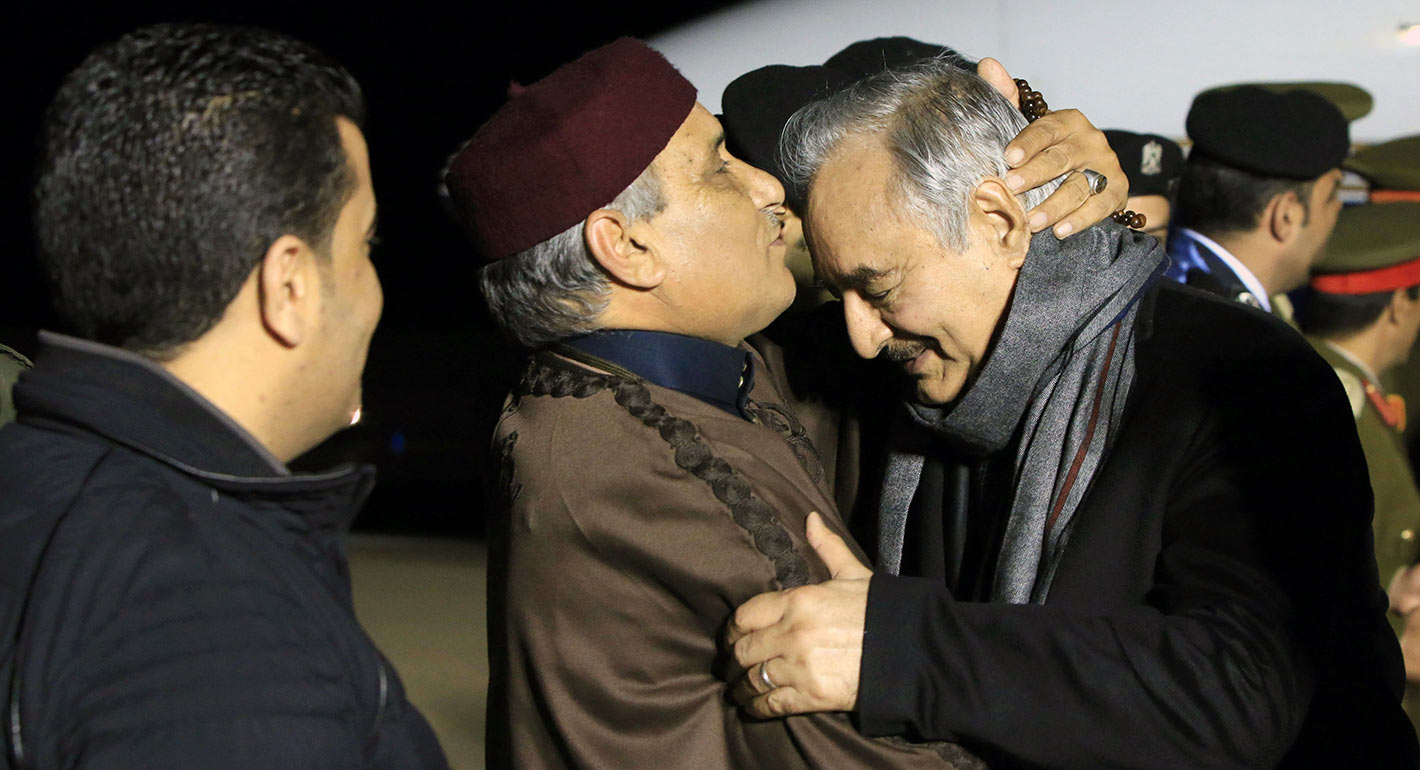
Haftar’s ability to frame coups as “wars on terror” ensures his international support, but masks a destructive manipulation of tribal dynamics.

The dramatic death of the former president of Egypt, Mohammed Morsi, on June 17th, reignited debate about the future of the Muslim Brotherhood in Egypt and political Islam across the region.
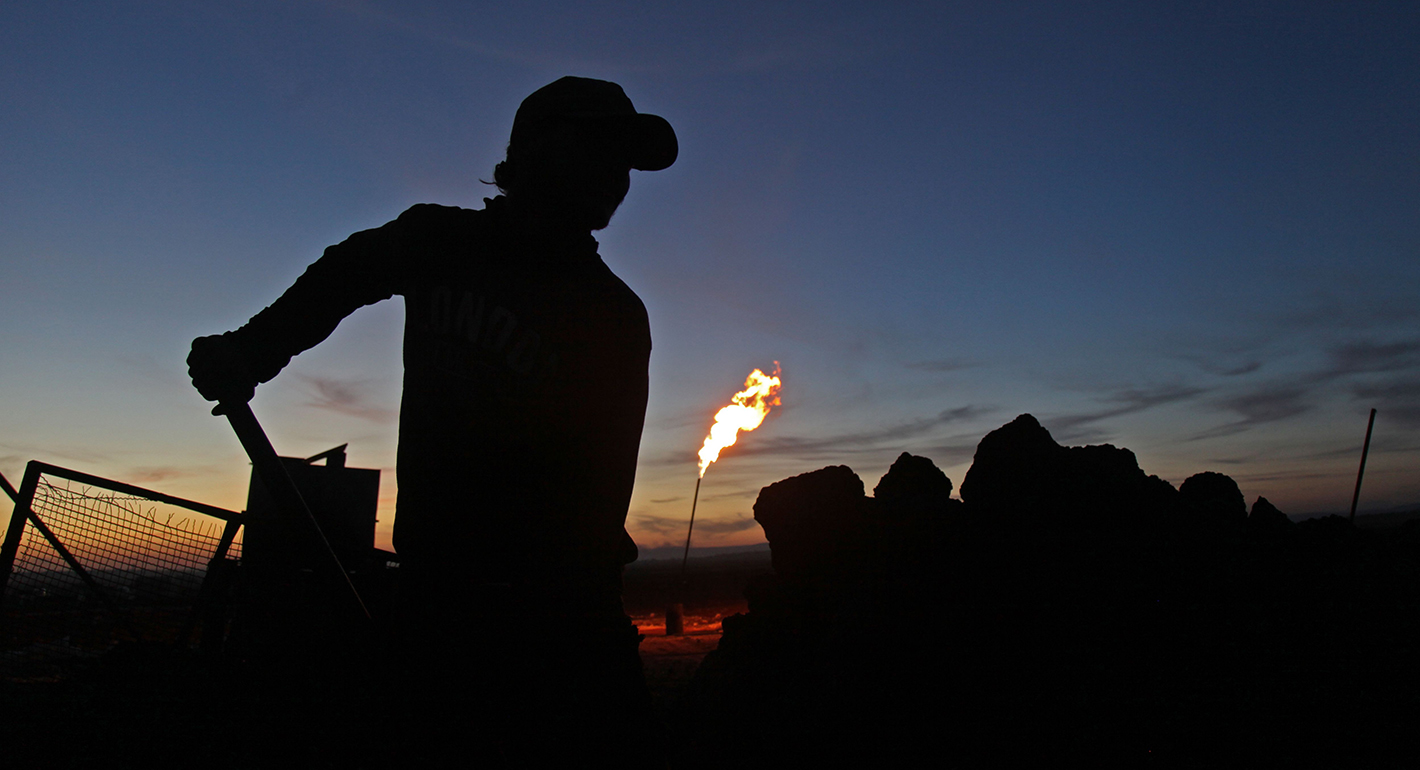
Based on individual considerations and prevailing security and economic conditions, reinvestment in Syria will be limited and could have mixed effects.

Five experts look at the fractured Saudi-led war in Yemen and explain its grave impact on the country’s people and institutions.
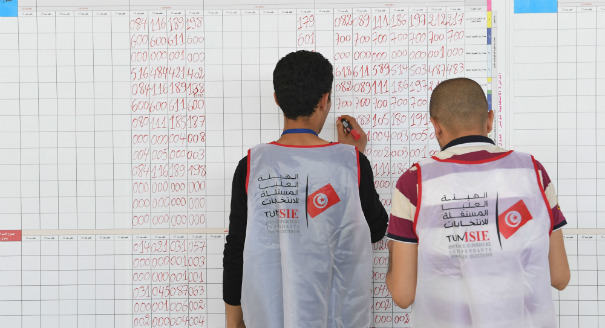
Four experts examine the implications Tunisia’s first free and fair local elections may have for political parties, security forces, decentralization, and the democratic transition.